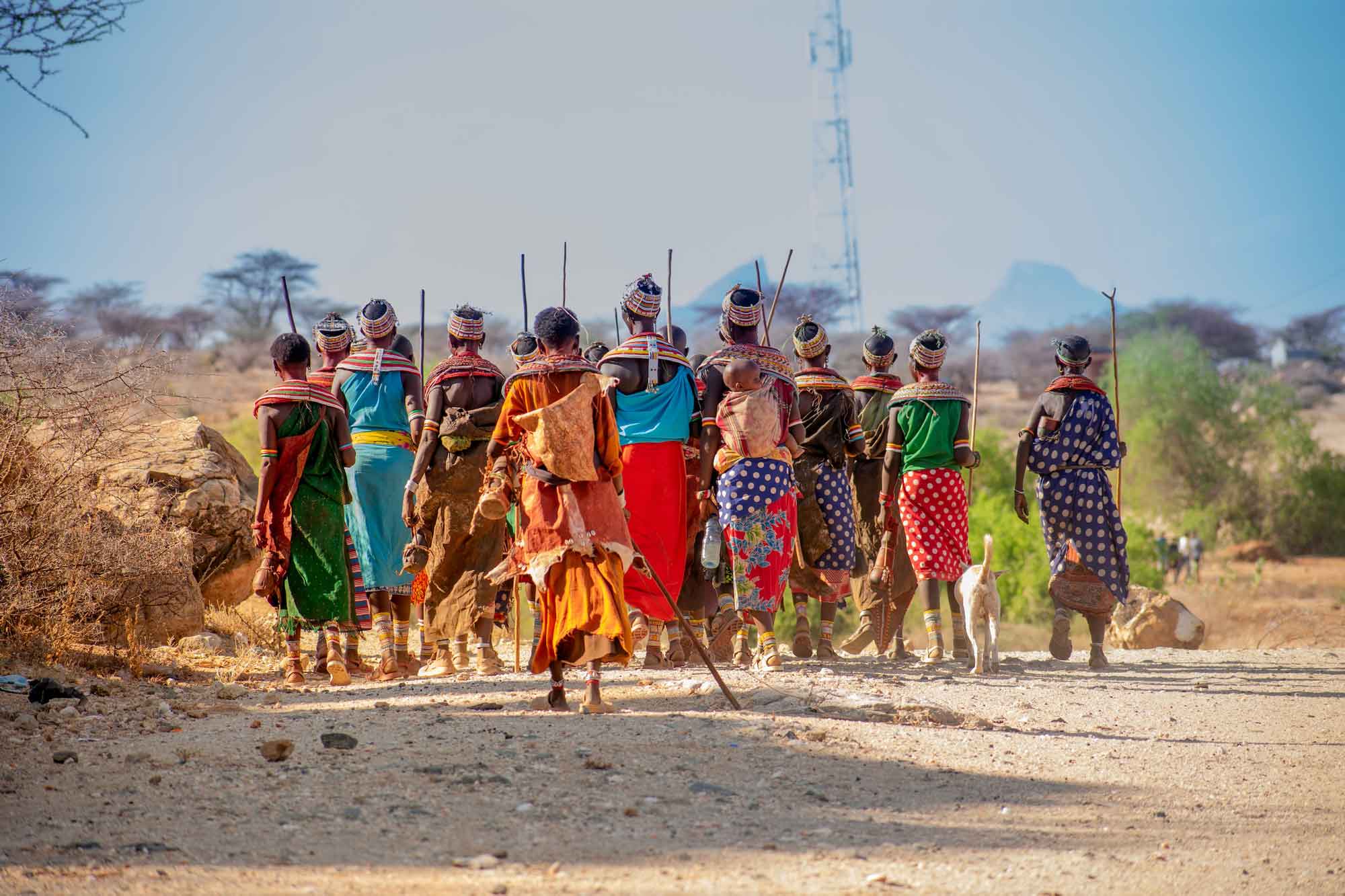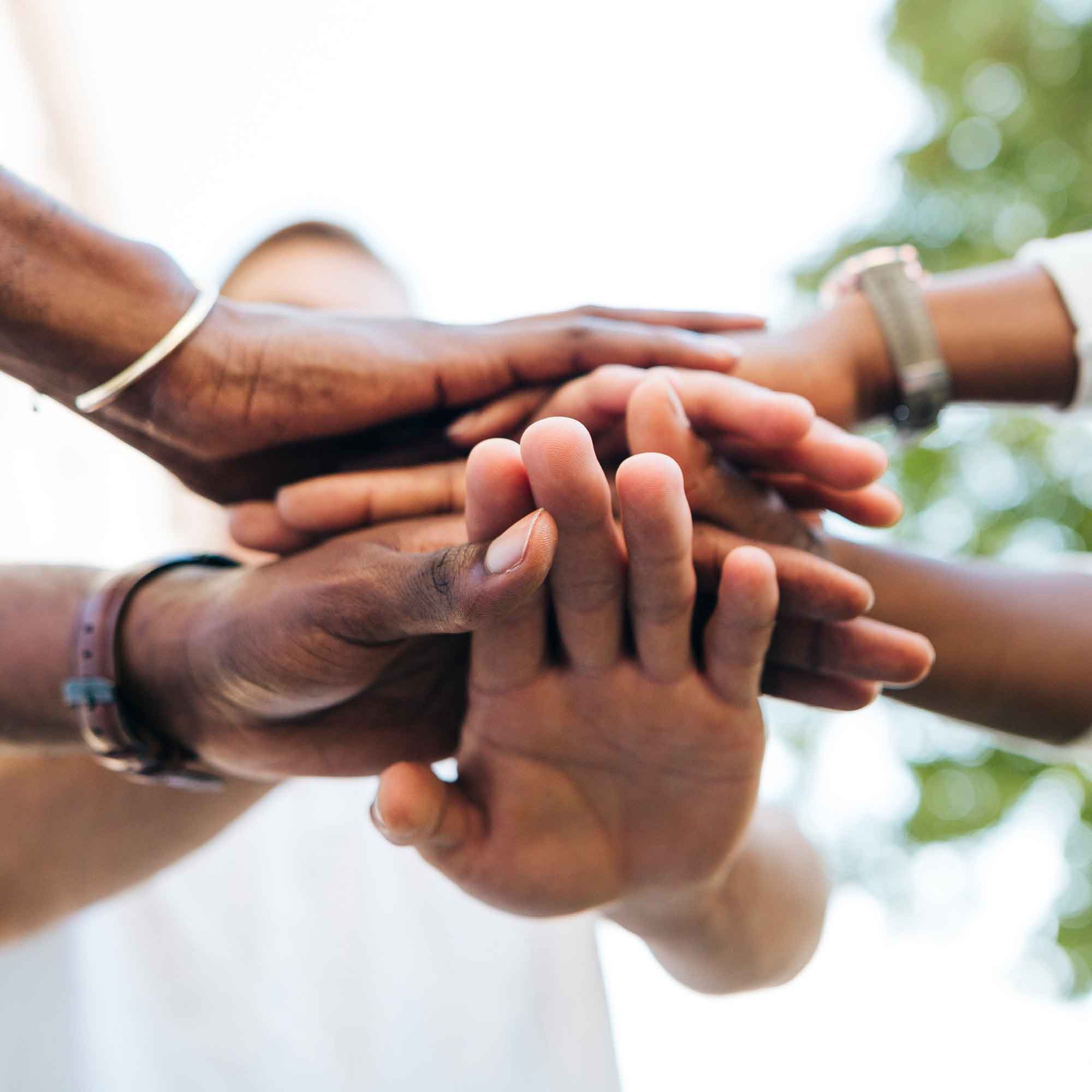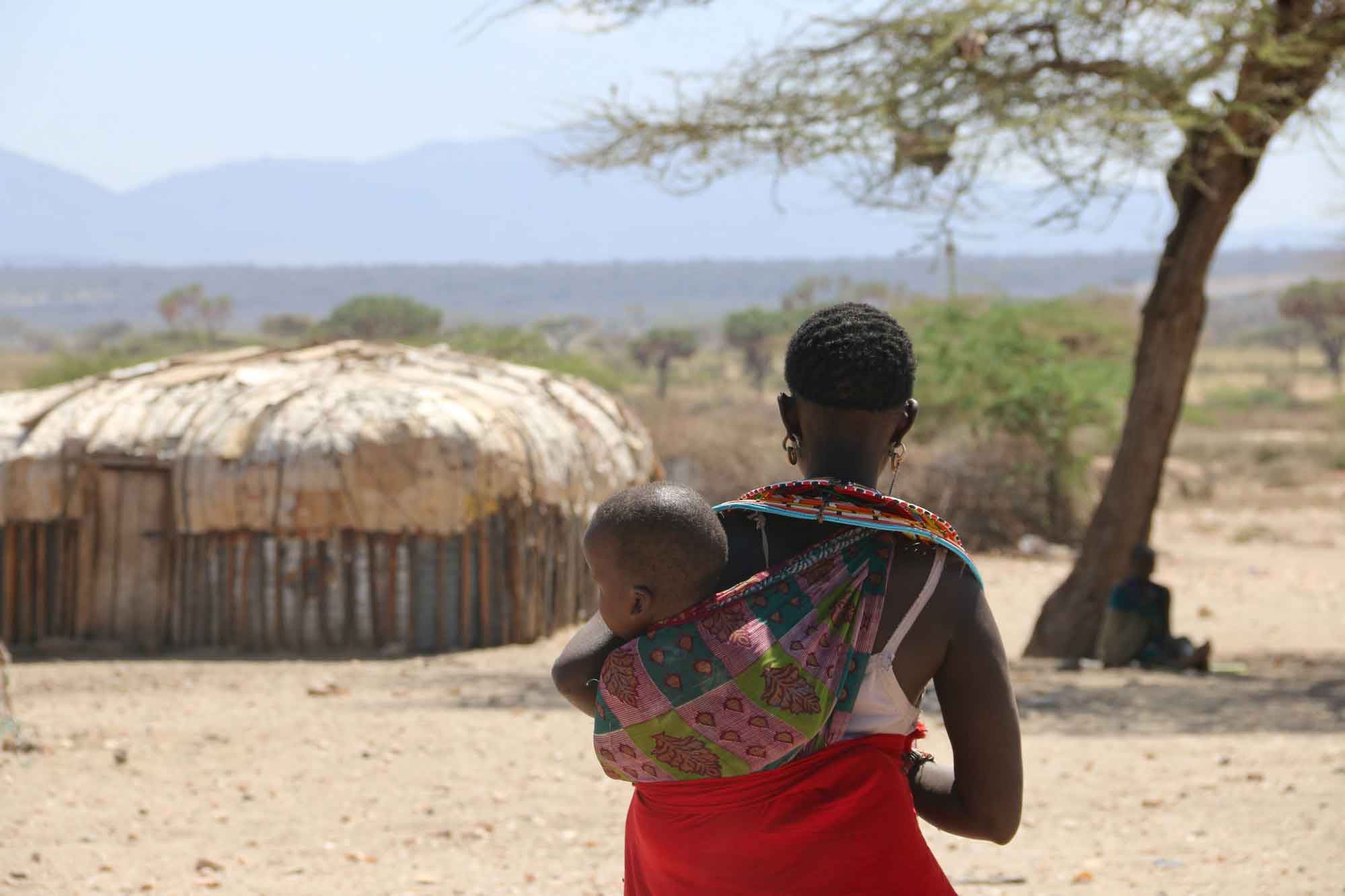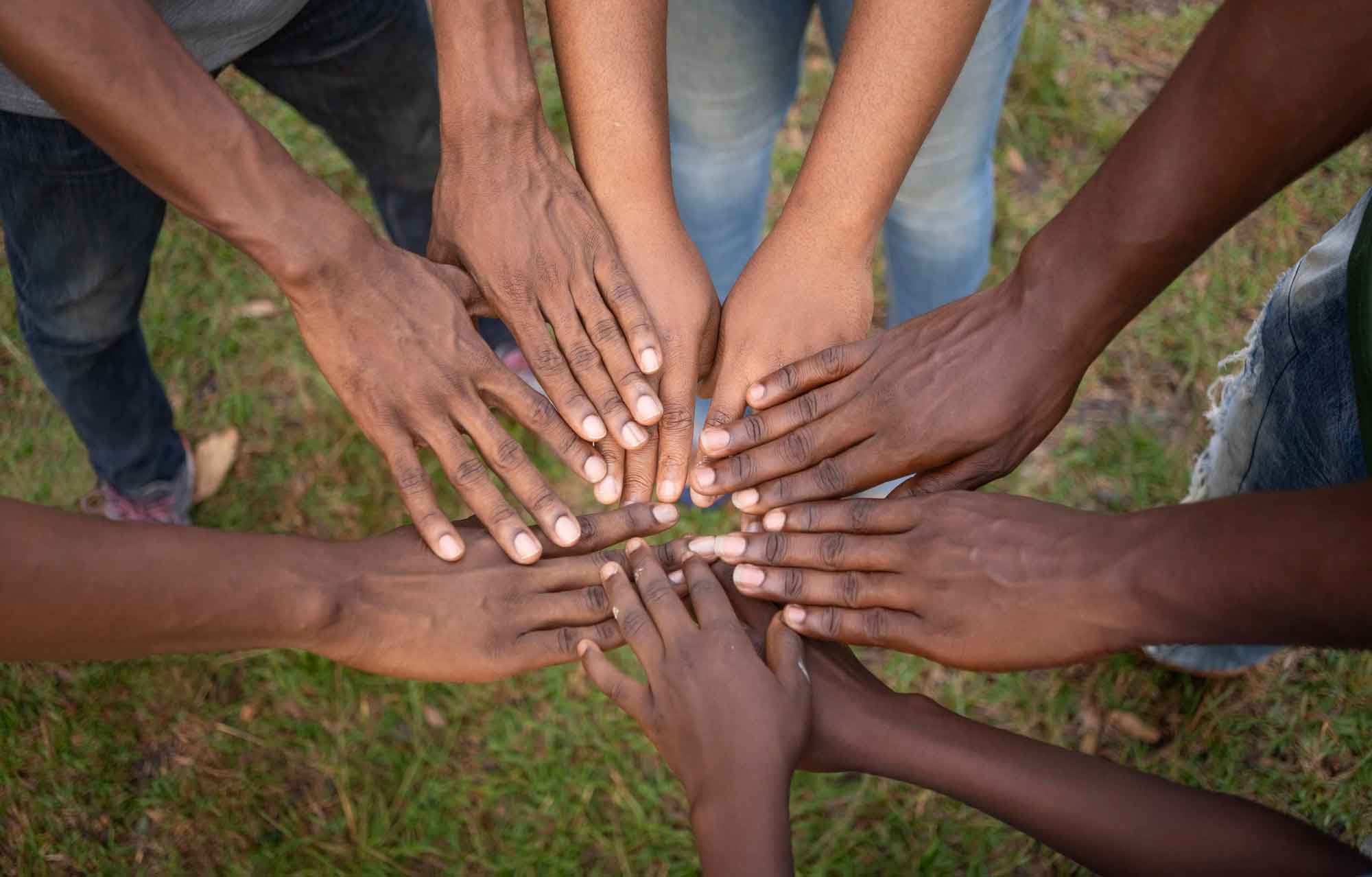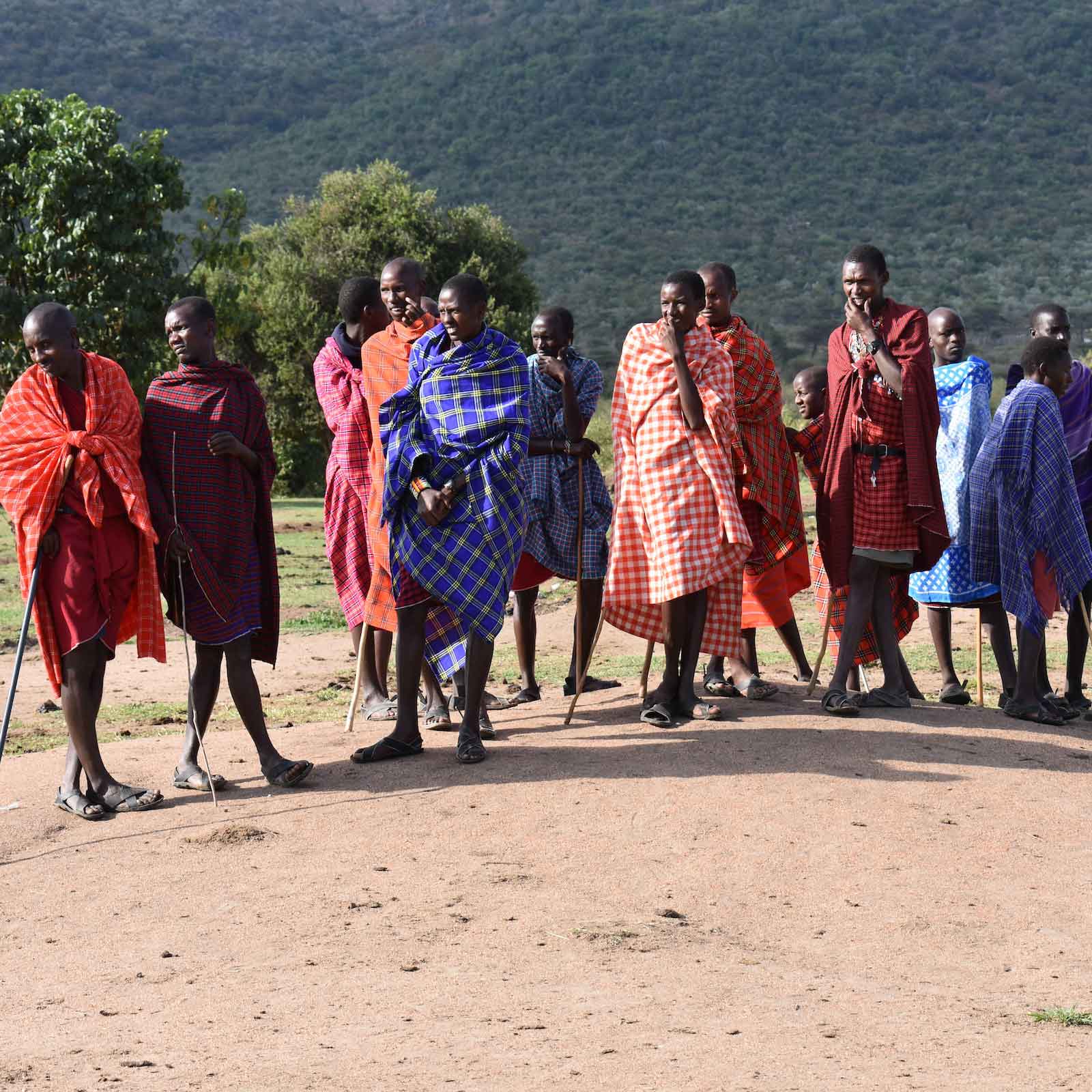Lembus Foundation
The Kalenjin are a group of ethnic communities in Kenya who share a common linguistic and cultural background. They are known for their rich cultural heritage, athletic prowess, and contributions to Kenya’s history and politics. The Kalenjin people primarily inhabit the Rift Valley region of Kenya, which includes counties such as Uasin Gishu, Nandi, Kericho, Bomet, Elgeyo-Marakwet, and parts of Nakuru and Trans Nzoia counties.
The Kalenjin have a rich culture and history. They are known for their warrior tradition, their cattle herding, and their athletic prowess. Many of the top Kenyan runners, including Kipchoge Keino, David Rudisha, and Eliud Kipchoge, are Kalenjin.
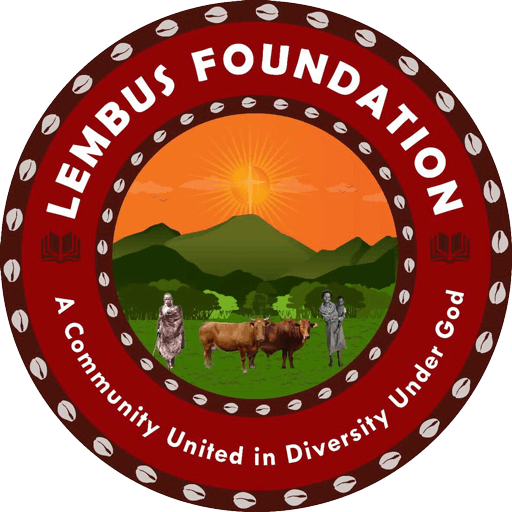
Lembus Foundation
Check out some key aspects of the Kalenjin community:
- Language: The Kalenjin people speak various languages, collectively known as Kalenjin languages. Some of the major Kalenjin languages include Kipsigis, Nandi, Keiyo, Tugen, Marakwet, and Pokot. These languages are classified under the Nilo-Saharan language family.
- Culture: The Kalenjin have a vibrant cultural heritage that includes music, dance, and traditional ceremonies. They have unique rituals and practices associated with events like births, marriages, and funerals. Additionally, traditional music and dance are integral parts of their social gatherings.
- Agriculture: Historically, the Kalenjin community has been known for its agricultural practices, with maize, millet, and livestock farming being common livelihoods. The region’s fertile land and temperate climate make it suitable for farming.
- Athletics: The Kalenjin are renowned for their outstanding performance in long-distance running and athletics. Many world-class athletes, such as Eliud Kipchoge and David Rudisha, hail from this community. Their success in athletics has earned Kenya international recognition and numerous medals at events like the Olympics and World Championships.
- Social Structure: The Kalenjin have a clan-based social structure, with each clan having its customs and traditions. Elders play a vital role in decision-making and conflict resolution within the community.
